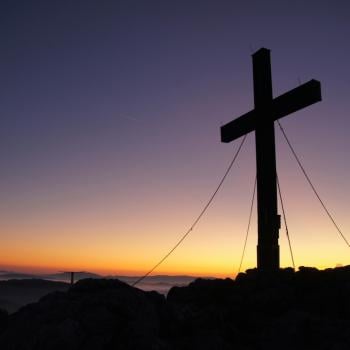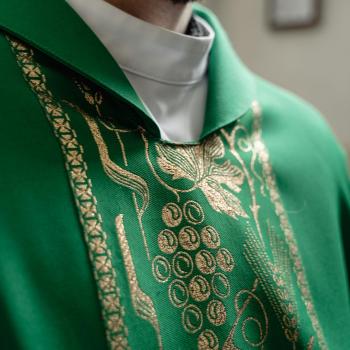With the publication of his first Apostolic Exhortation, Dilexi te, Pope Leo XIV has offered the Church a powerful meditation on love for the poor – a message that bridges the papacies of Francis and Leo with striking continuity. An Apostolic Exhortation is a papal document that encourages the faithful to live out a particular aspect of the Gospel. Often, they follow a Synod or continuing a theological theme.
Option for the PoorPope
Building on the text from his predecessor, he brings his own pastoral insights to the work. I find it particularly beautiful how he makes a collection of Biblical verses speaking to our duties towards the poor. Chapter One, “A Few Essential Words”, highlights the life of Saint Francis and our commitment to the poor, which cannot be reduced to ideological prejudices. Chapter Two, “God Chooses the Poor” reminds us that Jesus chose to live in poverty and that God has a preferential love for the poor. In this section, he has a series of Biblical passages that speak about the dignity of the poor.
Building on the biblical and theological foundations of the first two chapters, Pope Leo turns to the Church’s lived witness in Chapter Three, “A Church for the Poor.” He emphasizes that the poor are the true riches of the Church. Saint Paul made collections for the poor and exhorted early Christians to give generously. Several Fathers of the Church and Church communities dedicated themselves to the poor in a special way. Education, he notes, has long been one of the Church’s most enduring ways of lifting up the poor.
Catholic Social Doctrine
Chapter Four, “A History that Continues”, underscores Catholic Social Doctrine. Especially since the acceleration of change with the dawn of the Industrial Revolution, the Church has held up the dignity of the poor. Finally, Chapter Five, “A Constant Challenge,” reminds us that we are called to be Good Samaritans in our own way in the modern world.
It is well worth a read and I would like to highlight a few quotes.
Love for the Poor
No sign of affection, even the smallest, will ever be forgotten, especially if it is shown to those who are suffering, lonely or in need, as was the Lord at that time. (Pope Leo XIV, Dilexi te, 4)
Love for the Lord, then, is one with love for the poor (Pope Leo XIV, Dilexi te, 5).
The poor cannot be neglected if we are to remain within the great current of the Church’s life that has its source in the Gospel and bears fruit in every time and place. (Pope Leo XIV, Dilexi te, 15).
Wanting to inaugurate a kingdom of justice, fraternity and solidarity, God has a special place in his heart for those who are discriminated against and oppressed, and he asks us, his Church, to make a decisive and radical choice in favor of the weakest (Pope Leo XIV, Dilexi te, 16).
I often wonder, even though the teaching of Sacred Scripture is so clear about the poor, why many people continue to think that they can safely disregard the poor (Pope Leo XIV, Dilexi te, 23).
On Education
Since ancient times, Christians have understood that knowledge liberates, gives dignity, and brings us closer to the truth. For the Church, teaching the poor was an act of justice and faith. Inspired by the example of the Master who taught people divine and human truths, she took on the mission of forming children and young people, especially the poorest, in truth and love (Pope Leo XIV, Dilexi te, 68).
For the Christian faith, the education of the poor is not a favor but a duty. Children have a right to knowledge as a fundamental requirement for the recognition of human dignity. Teaching them affirms their value, giving them the tools to transform their reality. Christian tradition considers knowledge a gift from God and a community responsibility. Christian education does not only form professionals, but also people open to goodness, beauty and truth. Catholic schools, therefore, when they are faithful to their name, are places of inclusion, integral formation and human development. By combining faith and culture, they sow the seeds of the future, honor the image of God and build a better society (Pope Leo XIV, Dilexi te, 72).
On immigration
The Church, like a mother, accompanies those who are walking. Where the world sees threats, she sees children; where walls are built, she builds bridges. She knows that her proclamation of the Gospel is credible only when it is translated into gestures of closeness and welcome. And she knows that in every rejected migrant, it is Christ himself who knocks at the door of the community (Pope Leo XIV, Dilexi te, 75).
In Dilexi te, Pope Leo XIV reminds us that love for Christ and love for the poor are inseparable. His call invites us not only to admire the Church’s tradition of charity but to renew it personally – through mercy, education, and hospitality.
Subscribe to the newsletter to never miss an article.
Check out my Substack.













